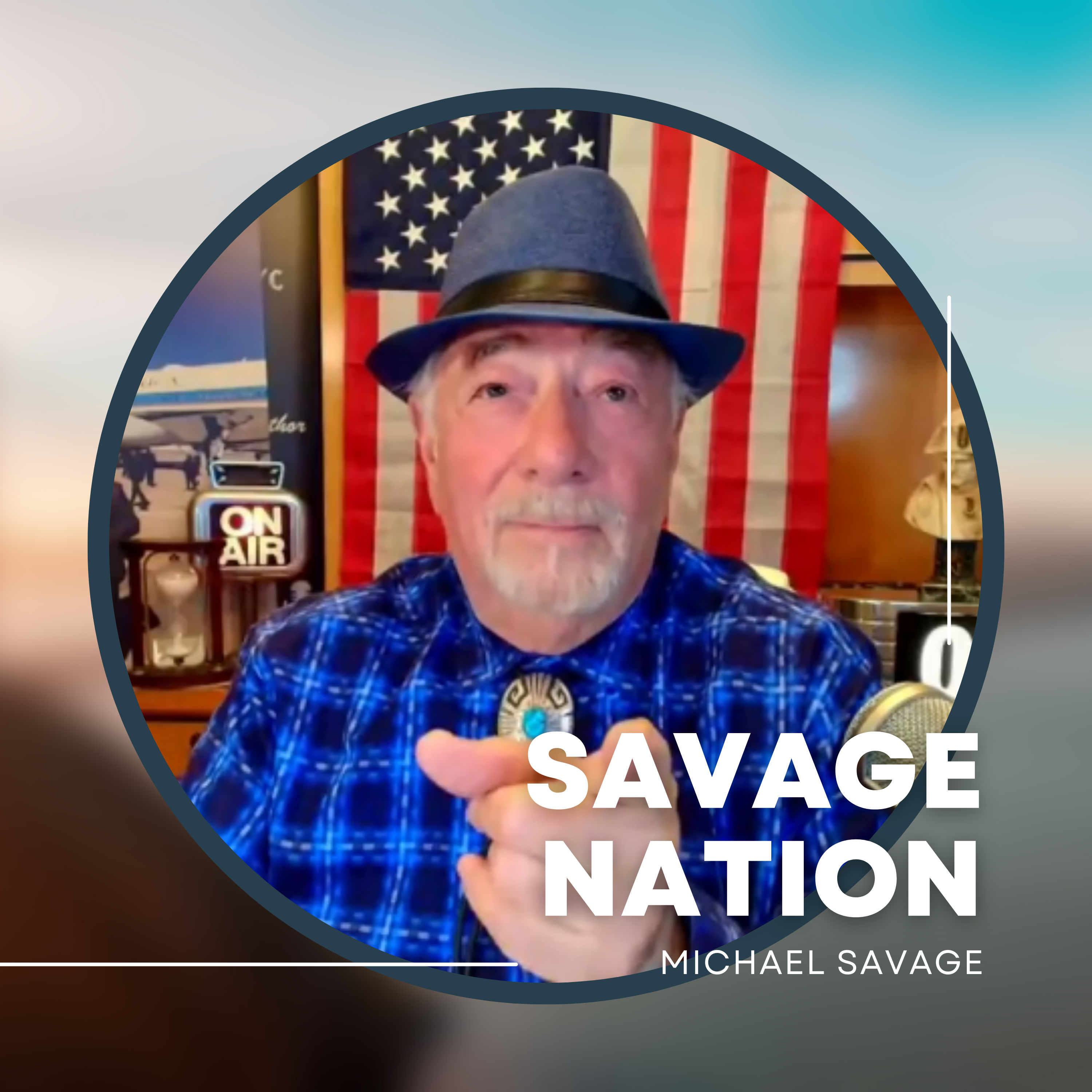
A Think First Podcast with Jim Detjen
Think First is a short-form podcast that makes you pause — before you scroll, share, or believe the headline.
Hosted by Jim Detjen, a guy who’s been gaslit enough to start a podcast about it, Think First dives into modern narratives, media manipulation, and cultural BS — all through the lens of gaslighting and poetic truth.
Some episodes are two minutes. Some are ten. It depends on the story — and the energy drink situation.
No rants. No lectures. Just sharp questions, quick insights, and the occasional laugh to keep things sane.
Whether you’re dodging spin in the news, politics, or that “trust me, bro” post in your feed… take a breath. Think first.
Visit Gaslight360.com/clarity to sharpen your BS filter and explore the 6-step clarity framework.
🚨Distorted (Advanced Copy) is set to release on October 14, and pre-orders are now available on Amazon and Barnes & Noble.
Reserve your copy today — and join me in cutting through the distortion.
Paperback and Kindle: Amazon
Hardcover: Barnes & Noble
A Think First Podcast with Jim Detjen
#80 DNA and the Soul · The Architecture of Continuity
What if DNA isn’t just a code of flesh, but the anchor of something older?
In this episode, Jim Detjen explores the thin line between biology and belief — from inherited trauma and quantum biology to the question of whether consciousness might use DNA as its docking station.
It’s part science, part philosophy, part cosmic stand-up routine.
If DNA really is the soul’s anchor, what exactly is being transmitted — and who’s doing the editing?
Stay sharp. Stay skeptical. #SpotTheGaslight
Read and reflect at Gaslight360.com/clarity
There's a moment in Oppenheimer, that split second before the first atomic blast, when silence holds its breath and the world is still data, waiting to become something irreversible, and there's a moment under a microscope when the two blue strands of a DNA helix unwind for replication. A biological Big Bang, silent, private, perfect. One explosion gave us the power to end worlds, the other, to make them. Both born from human curiosity, both proof that invisible codes, mathematical or molecular, decide everything we see, feel, and become. Now imagine if the code isn't just biological. Imagine if those same four letters, A, T, C, and G, aren't only writing your body but transcribing something older, something that remembers. What if DNA isn't the beginning of you, but the handoff? A place where the soul docks into matter, a cosmic USB port for consciousness itself. Every tradition has a name for continuity. Christians call it resurrection, Hindus call it reincarnation, science calls it heredity, and in the middle of those words, in the fog between belief and biology, sits a single question that refuses to die. If your DNA carries the memory of every ancestor who ever lived in your line, what exactly is reborn when you are? This is Think First, where we don't follow the script. We question it. Because in a world full of poetic truths and professional gaslighting, someone's gotta say the quiet part out loud. We're told heredity is random, a lottery of genes, an evolutionary slot machine pulling levers until one survives long enough to reproduce. But the more we learn about inheritance, genetic, epigenetic, even behavioral, the less random it looks. You don't just inherit eye color or blood type, you inherit cortisol levels, pain thresholds, and sometimes trauma. Your DNA isn't a clean slate, it's a palimpsest, a scroll scraped clean and rewritten over generations, traces of old sentences still bleeding through. So, here's the distortion. We talk about reincarnation as a mystical superstition, while ignoring the reincarnation happening in every cell. And maybe the bigger gaslight is this. We've decided the soul and science must be enemies. That one belongs to religion, and the other to reason. That belief in continuity beyond death is naive, while belief in blind random code is enlightened. But what if those two stories are halves of the same equation? What if consciousness is simply the universe remembering itself, and DNA is the memory stick it uses? The stakes are existential and also strangely personal, because if DNA really is a kind of soul anchor, then ancestry is more than heritage. It's continuity. It means you don't just come from somewhere, you return to somewhere. And if that's true, the way we treat lineage, trauma, even parenting might not just shape the next generation's psychology, but its very soul architecture. Richard Dawkins called us survival machines, robot vehicles blindly programmed to preserve the selfish molecule. It's tidy, logical, and completely unromantic. It also leaves a strange silence, the same silence between Oppenheimer's countdown and detonation, a gap where purpose used to live. But culture hates silence, so we filled it with poetic truth. Instagram spirituality, past lives remembered under hypnosis, astrological ancestry readings, and the promise that your DNA test can tell you not just where you're from, but who you are. That's the new religion, data as destiny. We used to pray to gods, now we upload our saliva. But behind the irony is a paradox. The same people who dismiss reincarnation as woo-woo will pay to see what percent Viking they are. They'll talk about generational curses, but not soul contracts. They'll say trauma is inherited, but not memory. And yet, every field of science, genetics, neuroscience, quantum physics, keeps finding faint footprints that refuse to stay inside the materialist frame. Take everything everywhere all at once. It wasn't a film about DNA or God, it was about possibility. Infinite versions of you, stacked across universes, each one remembering something the others forgot. The immigrant mother saving reality by finally seeing herself, not as one life, but as the sum of all her versions. That's not far from what ancient traditions called samsara, the wheel, the pattern that keeps turning until you wake up enough to see it. Maybe multiverse theory and reincarnation are just two languages describing the same recursion, life repeating itself through slightly altered code. So maybe the story we're sold, that the soul is myth and the gene is fact, isn't false because it's wrong, but because it's incomplete. And maybe that incompleteness is the new gaslight, the distortion that keeps us blind to continuity hiding in plain sight. Because if we ever admitted that DNA could be the soul's fingerprint, we'd have to rewrite more than textbooks, we'd have to rethink identity itself. One of the few scientists who dared to cross that boundary between physics and philosophy was Sir Roger Penrose, a Nobel-winning mathematician whose work helped explain how black holes form and why consciousness might be the universe's biggest unsolved equation. He said many times that until physics can explain awareness itself, our map of reality is unfinished. Penrose's point wasn't mysticism, it was humility, the kind that reminds you physics still can't explain how inanimate matter becomes self-aware. We can map every neuron firing when you hear your name, but not the you that hears it. And that gap between data and awareness is the same gap the ancients filled with the word soul. So here's our thesis for the next 20 minutes. Maybe the soul isn't a ghost in the machine. Maybe it's the operating system that keeps reinstalling itself through DNA. Coming up, the receipts, the science that almost admits it, from transgenerational trauma to quantum coherence. Why the evidence for continuity is stronger than anyone wants to say out loud? Before we dive back in, a quick word about the project that's bigger than this podcast. What if the biggest lies you've been told weren't lies at all? What if they were stories? Comforting stories, soothing myths, the kind of poetic truths that feel good, even when they're not true. That's the game. Politicians do it, media does it, institutions do it. They don't just lie, they distort. They gaslight you with shame, they cradle you with bedtime myths, and that gap between perception and reality is where we're losing the plot. That's why I wrote Distorted how gaslighting and poetic truth bend our perception of reality. It's not another self-help book, it's a survival manual, a guide for spotting the tricks, dodging the spin, and refusing to outsource your thinking. Early access is open now. Find it at Barnes Noble, Amazon, and at gymdechin.com. And if you do grab a copy, here's my one ask: leave a review. Because the world isn't short on lives. It's drowning in distortions. Alright, back to the show. Let's talk evidence, the kind you can touch, test, and publish in a peer-reviewed journal. Start with trauma. Not metaphorical, molecular. At Mount Sinai, psychiatrist Rachel Yehuda studied adults whose parents survived the Holocaust. Their stress response genes carried the same chemical bookmarks as their parents, epigenetic marks on FKBP5 that change how the body handles fear. She called it biology remembering history. Translation: Trauma leaves chemical post-it notes on DNA, and those notes get copied forward. The takeaway isn't mysticism, it's continuity. A biological breadcrumb trail, one life's experience echoing through another's code. And this isn't just PTSD. Studies in mice show famine, scent-associated fear, even diet can travel down three generations. The body remembers what the mind forgets. So when spiritual traditions say the sins of the father are visited upon the children, maybe that wasn't superstition. Maybe it was early epigenetics. Next, the quantum question. If DNA is a physical structure, could consciousness interact with it? Enter quantum biology. In the past decade, physicists discovered proton tunneling inside DNA, particles vanishing and reappearing on the other side of an energy barrier, subtly altering base pairs. It's not spooky, it's measurable, and it means your genetic code is not a static book. It's a living algorithm, a system that can shift when probability itself bends. Roger Penrose called that boundary the meeting point of physics and awareness. He and anesthesiologist Stuart Hameroff went further, suggesting microtubules and neurons might maintain quantum coherence long enough to generate conscious moments. Most neuroscientists, like Robert Sapolsky, think that's nonsense, but even the naysayers admit we don't know how subjective experience arises from matter, we can't locate the I. And that ignorance, that blind spot, is the door the soul keeps walking through, because if information can exist in quantum superposition and DNA is an information structure, who's to say consciousness doesn't use it as a bridge? Not proof, just possibility. And sometimes possibility is the first crack in the wall. Now for the oldest question with new data, does personality repeat? Behavioral genetic meta-analyses of twins show that roughly half of our traits, from agreeableness to risk-taking, are heritable. Yet identical twins born with the same DNA diverge epigenetically over time, which means there's a layer above genes that shapes expression, experience, environment, perhaps even will. So, the scientific record quietly whispers a three-tier model: DNA as hardware, epigenetics as firmware, consciousness as software, we don't yet understand. That's the continuum, that's the anchor. Which brings us to belief, the human software update that refuses to expire. Let's steal man both sides. On one side, you have Deepak Chopra, arguing that consciousness comes first, that DNA is just awareness organizing itself into matter. On the other, Stanford biologist Robert Sapolsky, who calls free will a beautiful illusion, saying everything we feel is neurons and chemistry, pretending to be choice. Chopra. Consciousness uses the body as an interface. Sapolsky. No, the body creates the illusion of consciousness. It's chemistry, wearing a selfie filter. Two men, one stage and the entire human argument in a soundbite. Here's where the frame cracks. Both are trying to explain why the mirror knows it's a mirror. The mystic says the reflection is the real thing, the scientist says the mirror is just glass and light. But what if the truth is in the feedback loop? The moment light and matter recognize each other. That's what Penrose meant when he said physics meets awareness. Now, if that feedback loop needs a physical anchor to repeat, DNA is the perfect candidate. It contains the entire blueprint for a body, but also the potential for variation, mutation, and adaptation. It's the one structure that remembers and forgets at the same time. And maybe that's exactly what a soul needs to re-enter. Because if memory were perfect, you'd never learn anything new. If it were erased, you'd never evolve. DNA lets you do both. At the University of Virginia, psychiatrist Jim Tucker has catalogued hundreds of children who recall past lives with names, towns, even birthmarks that later check out. He's cautious, calls them patterns, not proof. His line is worth remembering. We can't explain them with fraud or coincidence alone, but we also can't map them onto physics yet. Document and wait, that's good science and good faith. He never claims souls pick parents by genetic frequency, but he notices familial echoes, children drawn to ancestral places without being told why. Maybe those are coincidences, maybe they're breadcrumbs. It's not proof that DNA assigns souls, but it's evidence that identity is less bounded than we think. And here's where everything everywhere all at once returns. If every choice creates another version of you, then perhaps reincarnation isn't linear, it's lateral, souls branching across possibility space, each learning a slightly different lesson. Maybe those branches share a root system, DNA as the common trunk. That's not religion. That's recursion. And it's the same recursion I wrote about in Distorted, how belief and biology loop until we forget who wrote the script. The point was never that truth is mystical, it's that meaning is patterned. We live in feedback loops of data, emotion, and story, and sometimes those loops outlast our bodies. Oppenheimer stared into his creation and quoted the Bhagavad Gita. I am become death, the destroyer of worlds. But the line before that, the one people forget, was spoken by Vishnu, reassuring a warrior who hesitated to act. Now I am come to slay time. Maybe that's the real assignment of DNA, to let the soul slay time for a few decades, take notes and send them forward. Maybe that's the real assignment of DNA, to let the soul slay time for a few decades, take notes and send them forward. If continuity is real, even just metaphorically, you can see it everywhere once you start looking. Q1. Inherited emotion. You walk into a place you've never been, and your body reacts before your brain does. A smell, a skyline, a tone in someone's voice. You call it deja vu, but maybe it's epigenetic recall, your nervous system reading the chemical memory in your DNA and whispering, we've felt this before. Q2. Ancestral patterns. Families replay the same storylines under different names. Addiction, abandonment, ambition. We label them family curses or dynastic legacies, but what they really are is unfinished code running until someone rewrites it. DNA keeps the loop alive until a conscious mind hits save as new file. Q3. Creative recurrence. Artists, athletes, inventors, they often describe moments of genius as remembering rather than creating. It's as if they're pulling from an archive that isn't local. When Einstein said ideas came from beyond the intellect, he might have meant the same archive the mystics called the Akashic Record. Same cloud, different upload speed. Now, the early warning signs. First signal, mainstream genetics is already softening. What used to be dismissed as soft inheritance is now legitimate epigenetic research. Every month, another paper admits, experience modifies biology. It's only a matter of time before someone asks the next question. What else can be transmitted? Second signal AI biology models are beginning to simulate gene expression as information networks rather than static sequences. Once code is treated as information, philosophers and physicists will have to confront the obvious. If information can't be destroyed, then neither, maybe, can consciousness. So, when you look at a family photo or a baby's face that carries your grandfather's eyes, you're not just seeing heredity, you're watching continuity disguise itself as chance. We spend billions mapping the human genome, and almost nothing mapping what animates it. Maybe that's fine. Maybe the mystery is the point. Because if DNA is the soul's anchor, then dying isn't leaving home, it's forwarding your mail. The irony of calling DNA the soul's anchor is that we can't stop trying to rewrite it. CRISPR made us gods with editing software, trimming mutations like typos. But if your genome really holds centuries of experience, every edit might delete a lesson the universe meant you to keep. Imagine explaining that. Sorry, I patched out humility in the latest update. It kept crashing my ego. We treat the double helix like a playlist, skip the sad songs, repeat the bangers, but maybe the soul needs the whole album. So here's what's worth thinking about before the next viral article tells you we're just chemicals chasing dopamine. If biology already carries memory, how much of you is really new? If your DNA records both trauma and triumph, are you the author or just the latest editor? When you feel deja vu, is that your neurons misfiring or your lineage nudging? If reincarnation is just information recycling, what happens when we start backing up the code in AI? And maybe the hardest one. If your soul chose this genome, what exactly did it come back to learn? That's the part the textbooks never cover, because they can't. The experiment requires you. So next time someone tells you science and spirit don't mix, just smile and say, my DNA disagrees. Then pause and think first. You don't need all the answers, but you should absolutely question the ones you're handed. It's funny, isn't it? For all our talk about transcendence, we still think the upgrade has to be digital, as if eternity needs a faster processor. But maybe the next version of humanity isn't an upload. Maybe it's a download, a recovery of what was already written in the code, the patience your grandfather earned, the courage your mother rehearsed, the empathy you're still debugging. We keep chasing immortality in the cloud, forgetting that the real backup lives under our skin. A three billion letter love letter that's been passed forward for billions of years, and you're the current editor-in-chief. So, yes, sequence your genome, edit your diet, optimize your workflow. Just remember, the system you're running was built by people who never stop believing you were more than hardware. Because maybe the point isn't to live forever, maybe it's to live accurately, to leave behind data worth inheriting. And when the next version of you wakes up, somewhere, sometime, maybe they'll thank you for debugging the code. And if even a fragment of what we've explored tonight has teeth, then maybe we don't come back as who we were, just as who we still need to be. Because if the universe really is keeping score, here's hoping it grades on a curve. Until next time, stay skeptical, stay curious, and always think first. By the way, a quick heads up before you go: the expanded edition of Distorted drops February 10th. Hardcover, paperback, and audible. More than 200 new pages of research, stories, and receipts we couldn't fit in the first release. If you've liked these episodes, that book is the full picture. Again, February 10th, Distorted. Available everywhere you get your reality checked.
Podcasts we love
Check out these other fine podcasts recommended by us, not an algorithm.
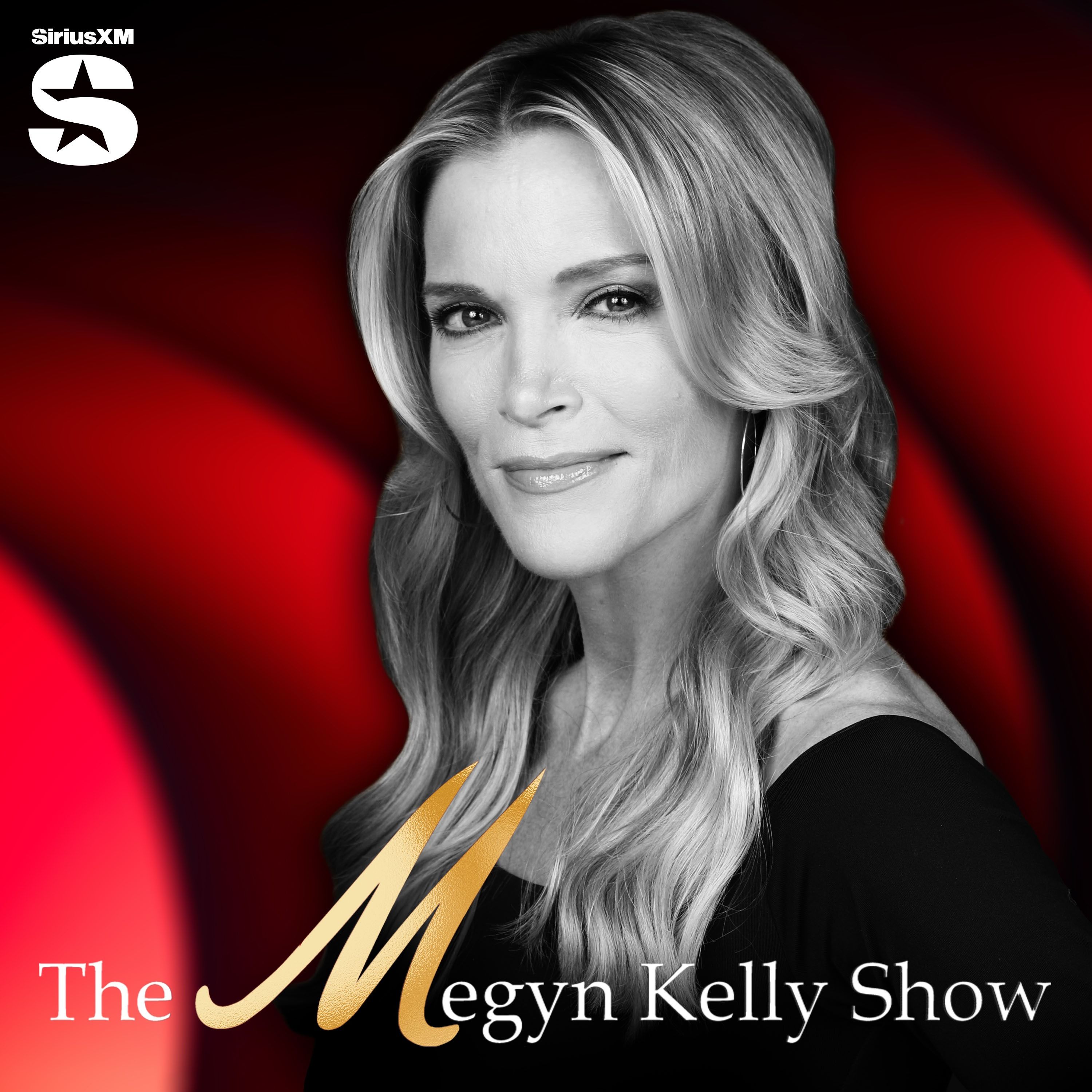
The Megyn Kelly Show
SiriusXM
Hidden Brain
Hidden Brain, Shankar Vedantam
The Tucker Carlson Show
Tucker Carlson Network
Cato Podcast
Cato Institute
The Joe Rogan Experience
Joe Rogan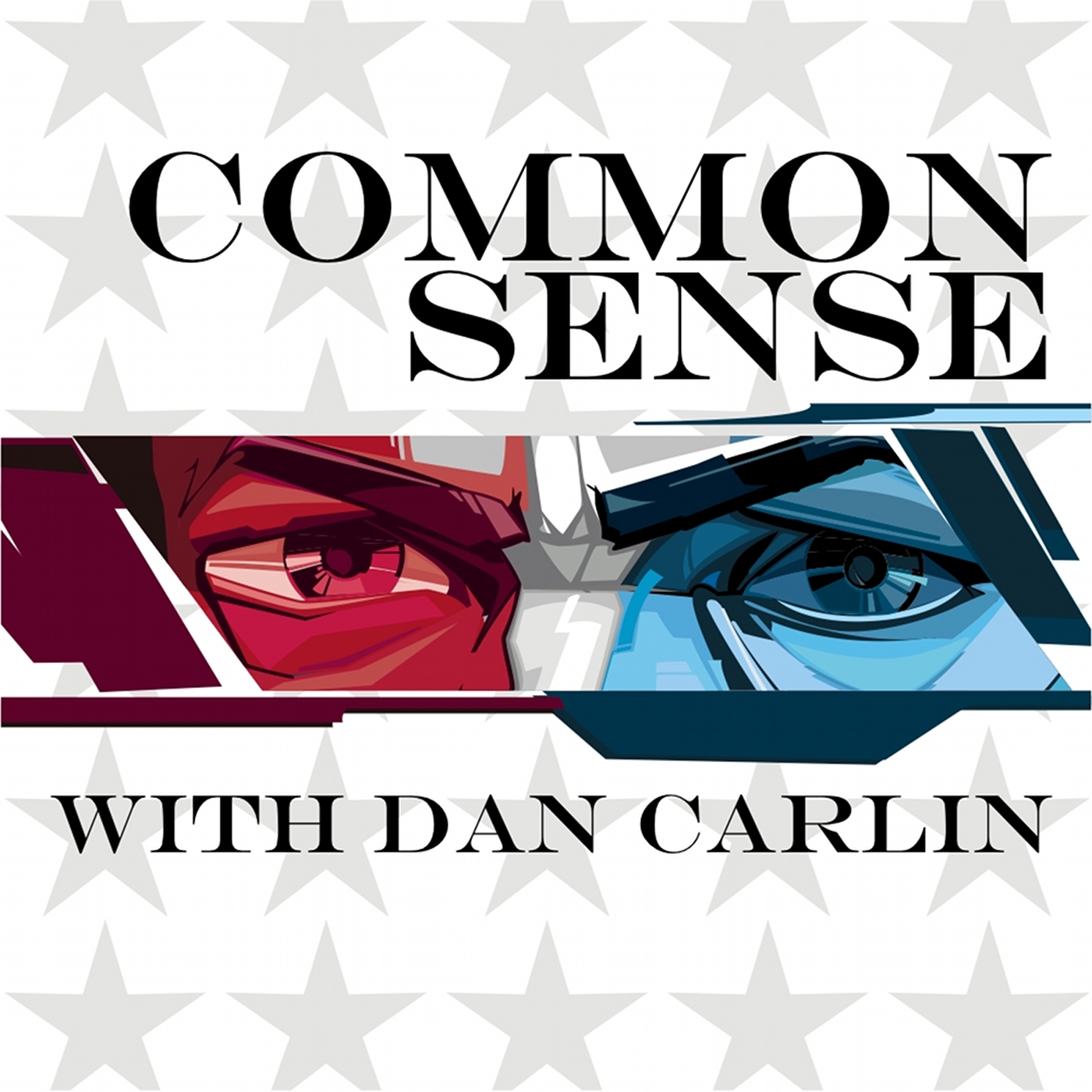
Common Sense with Dan Carlin
Dan Carlin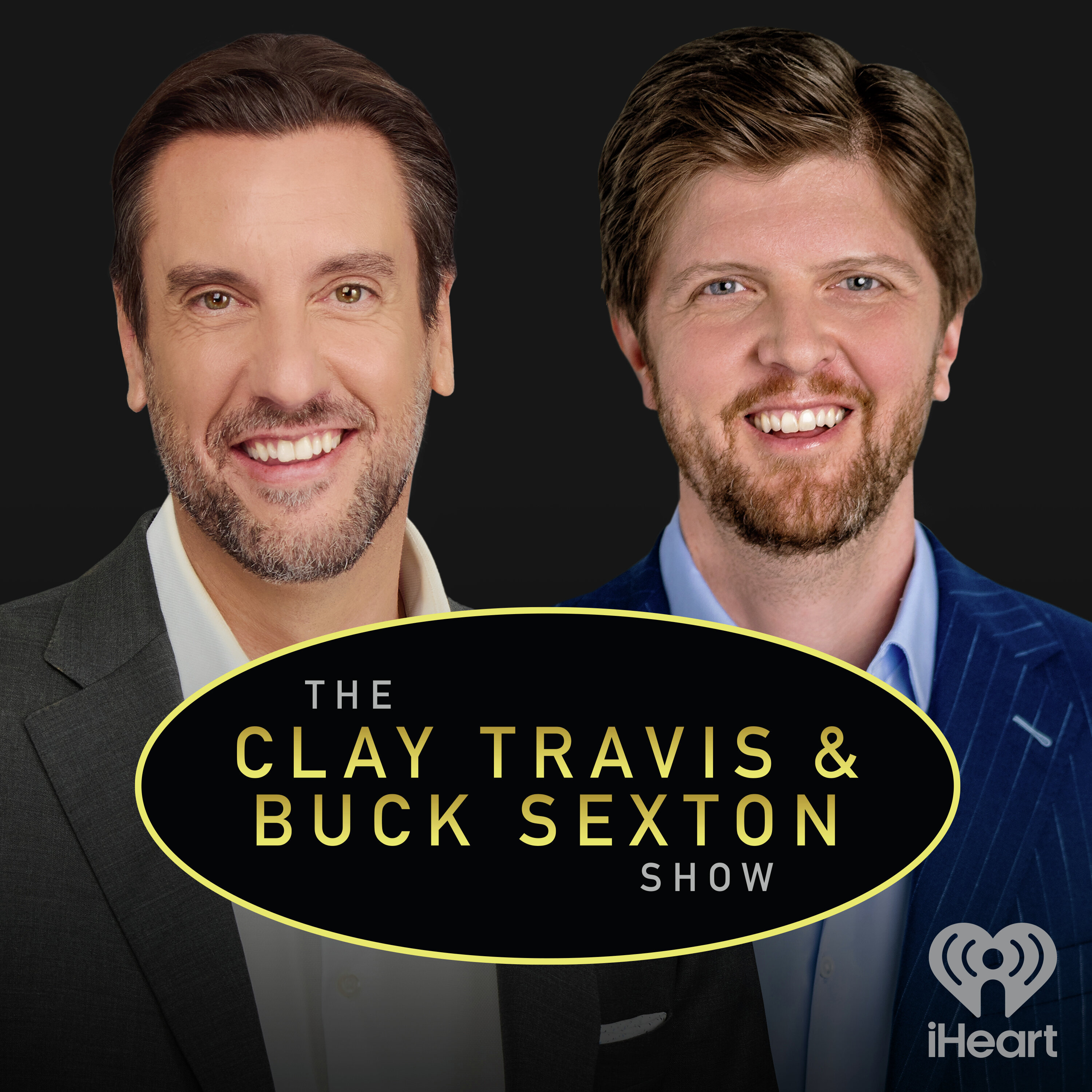
The Clay Travis and Buck Sexton Show
iHeartPodcasts
Revisionist History: The Alabama Murders
Pushkin Industries
Freakonomics Radio
Freakonomics Radio + Stitcher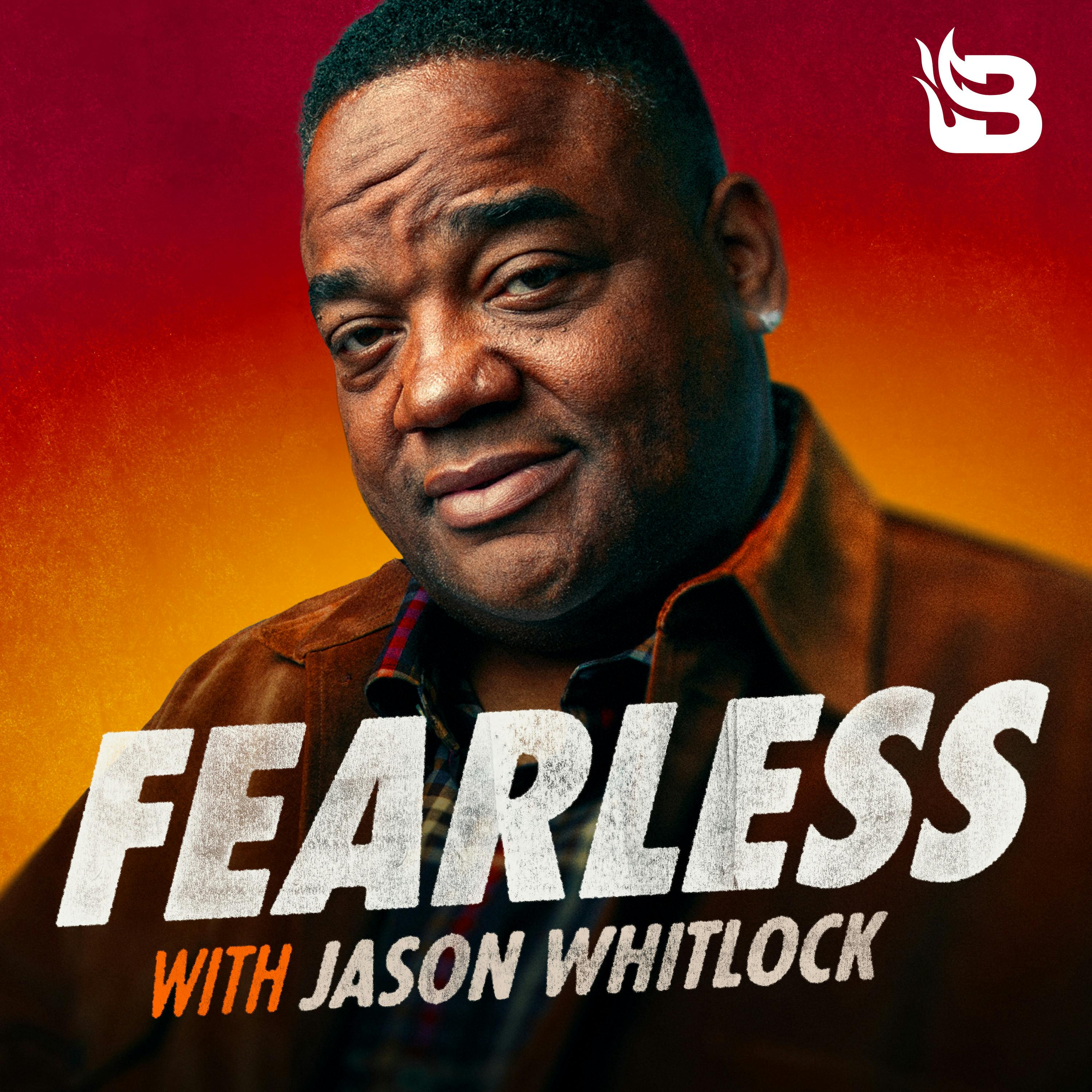
Fearless with Jason Whitlock
Blaze Podcast Network
The Daily Beans
MSW Media
The Glenn Beck Program
Blaze Podcast Network
Countermine
Dondi&Karlin
The Shawn Ryan Show
Shawn Ryan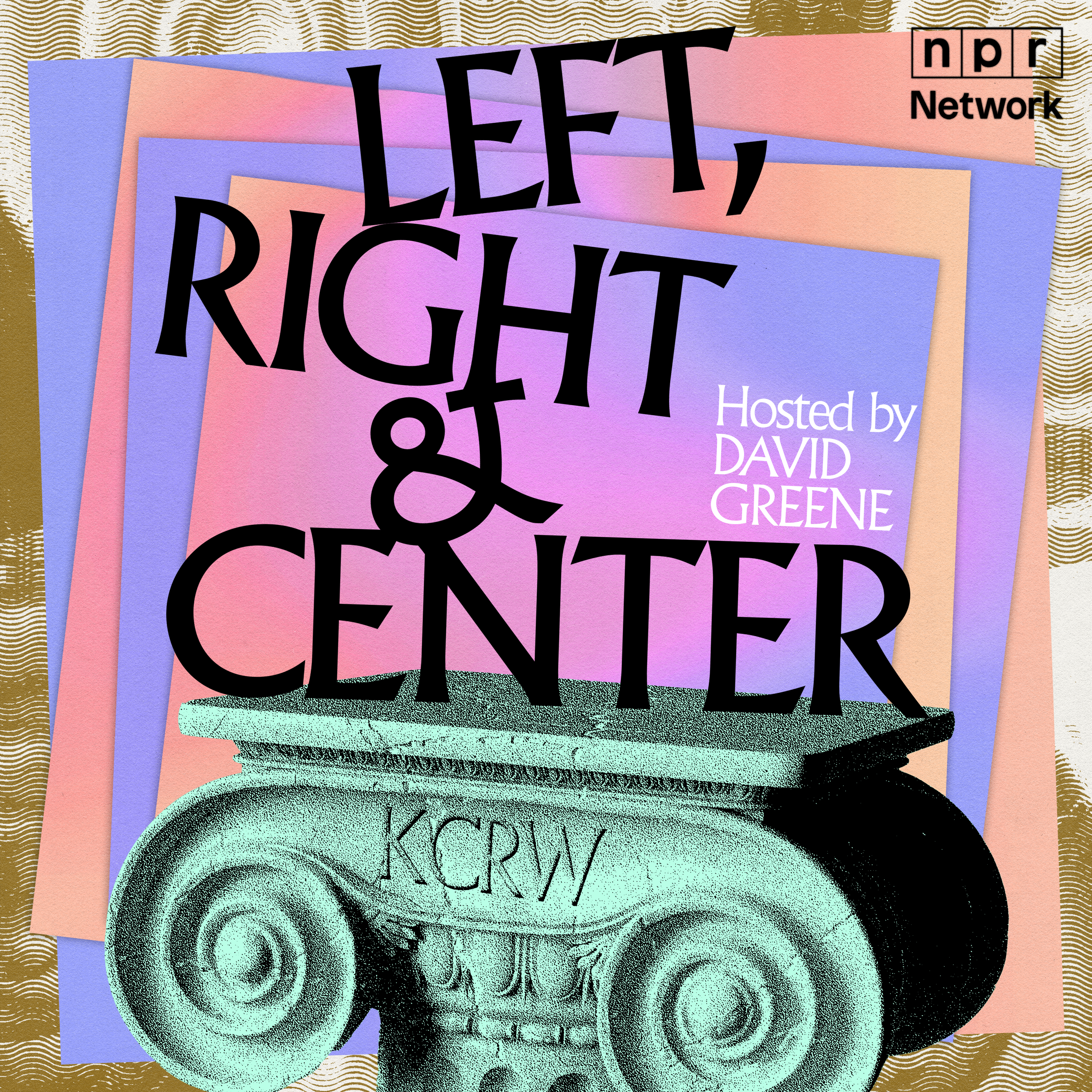
Left, Right & Center
KCRW
Political Gabfest
Slate Podcasts
Stuff You Should Know
iHeartPodcasts
TED Talks Daily
TED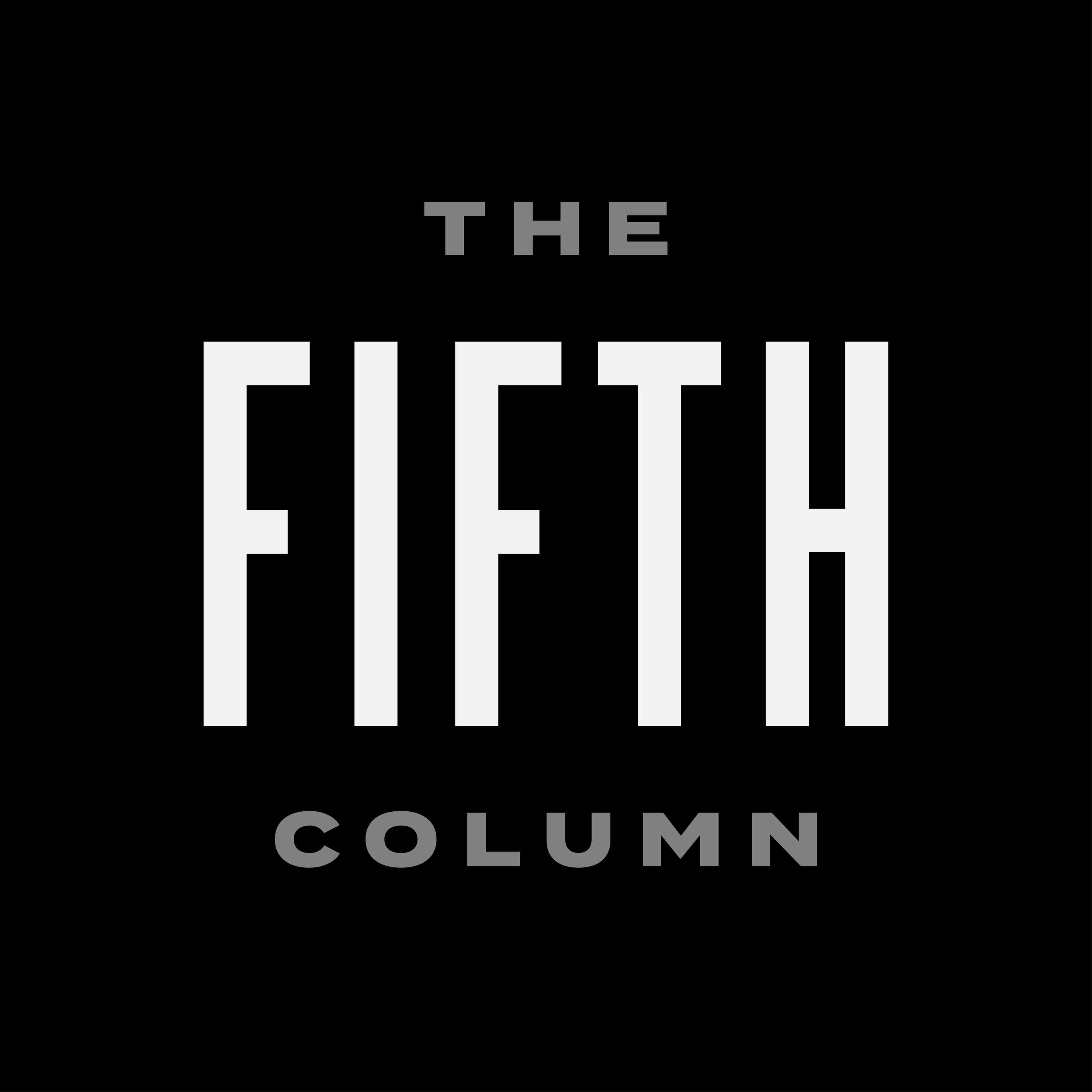
The Fifth Column
Kmele Foster, Michael Moynihan, and Matt Welch
The Jesse Kelly Show
iHeartPodcasts
The Jordan B. Peterson Podcast
Dr. Jordan B. Peterson